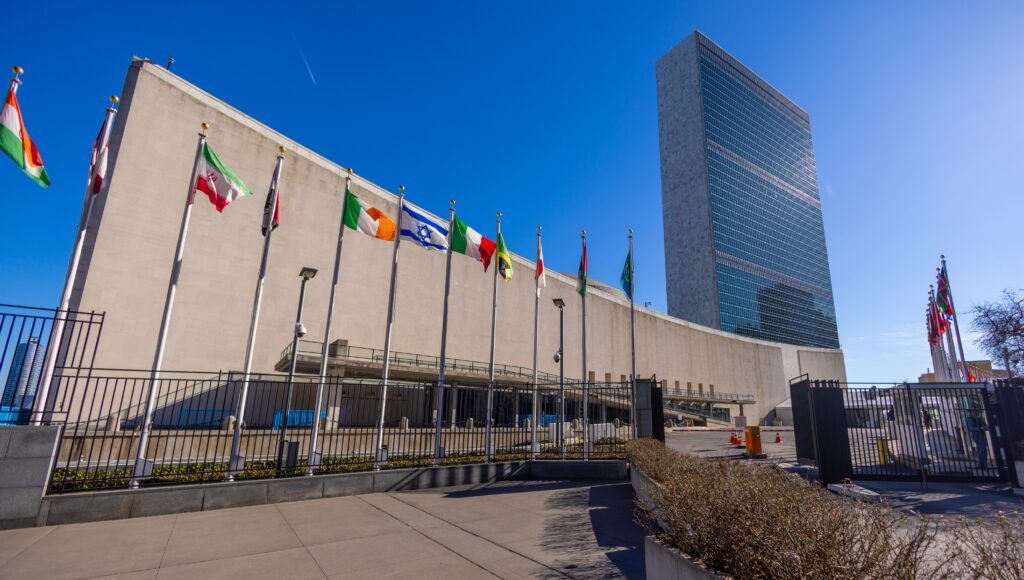The United Nations General Assembly refused to support a resolution backed by the United States because it did not clearly name Russia as the aggressor in the Ukraine conflict. Instead, member states passed a separate resolution, led by European nations, calling for Russia’s immediate withdrawal from Ukraine. The Trump administration strongly opposed this outcome, marking a diplomatic setback for Washington.
Tensions Rise Over Competing Resolutions
The US originally supported a resolution that condemned the war but avoided directly blaming Russia. However, Ukraine and its European allies wanted a stronger statement that clearly pointed to Russia’s violation of international law. Washington pushed Kyiv to withdraw its resolution, but Ukraine refused unless amendments were made. The final version included language directly accusing Russia of aggression.
In the vote, 93 countries supported the amended resolution, while 8 voted against it, and 73 abstained. This outcome revealed divisions within the international community.
A separate resolution drafted by Ukraine and European nations also passed. It received 93 votes in favor, 18 against, and 65 abstentions. The US, Russia, Israel, and North Korea opposed it. The level of abstentions showed Ukraine’s declining international support, with some countries hesitant to take sides.
Trump Administration Faces Diplomatic Defeat
The rejection of the US-backed resolution was a setback for the Trump administration, which had been trying to shift the UN’s position. The administration had hoped to avoid directly condemning Russia to keep diplomatic options open. However, Ukraine and its European partners pushed back, insisting that any resolution must hold Moscow accountable.
The vote signaled a broader challenge for Trump’s foreign policy. While the administration has taken a softer approach to Russia, many US allies remain firm in their stance against the invasion. The UN vote exposed these disagreements on the global stage.
Growing Tensions Between the US and Ukraine
The disagreement over the UN resolution is part of a larger dispute between Washington and Kyiv. Ukrainian President Volodymyr Zelenskyy recently criticized Trump, saying he was influenced by “Russian disinformation.” Trump responded by calling Zelenskyy a “dictator” and falsely claiming that Ukraine started the war.
Trump has also urged Ukraine to enter peace talks quickly. His comments have raised concerns among Ukrainian officials, who fear that US support could weaken if Trump returns to office.
Next Steps: The US Plans to Push a Resolution in the UN Security Council
Despite the setback at the General Assembly, the Trump administration is preparing to introduce its own resolution at the UN Security Council. Unlike General Assembly votes, Security Council resolutions are legally binding. However, Russia holds veto power, making it unlikely that any measure condemning Moscow will pass.
Still, the US hopes to use the Security Council debate to pressure Russia diplomatically. Washington is also working to strengthen its alliances with countries that abstained from the General Assembly vote.
Implications for Ukraine and Global Politics
The UN vote reflects shifting dynamics in global politics. While strong support for Ukraine remains among Western nations, many countries—especially in Africa, Asia, and Latin America—are taking a more neutral stance. Some nations are wary of further escalating tensions with Russia, while others seek to maintain economic ties with Moscow.
For Ukraine, the vote was a mixed result. While the resolution condemning Russia passed, the growing number of abstentions signals that Kyiv may struggle to rally international support in the future.
For ongoing updates on global politics, visit Financial Mirror.
